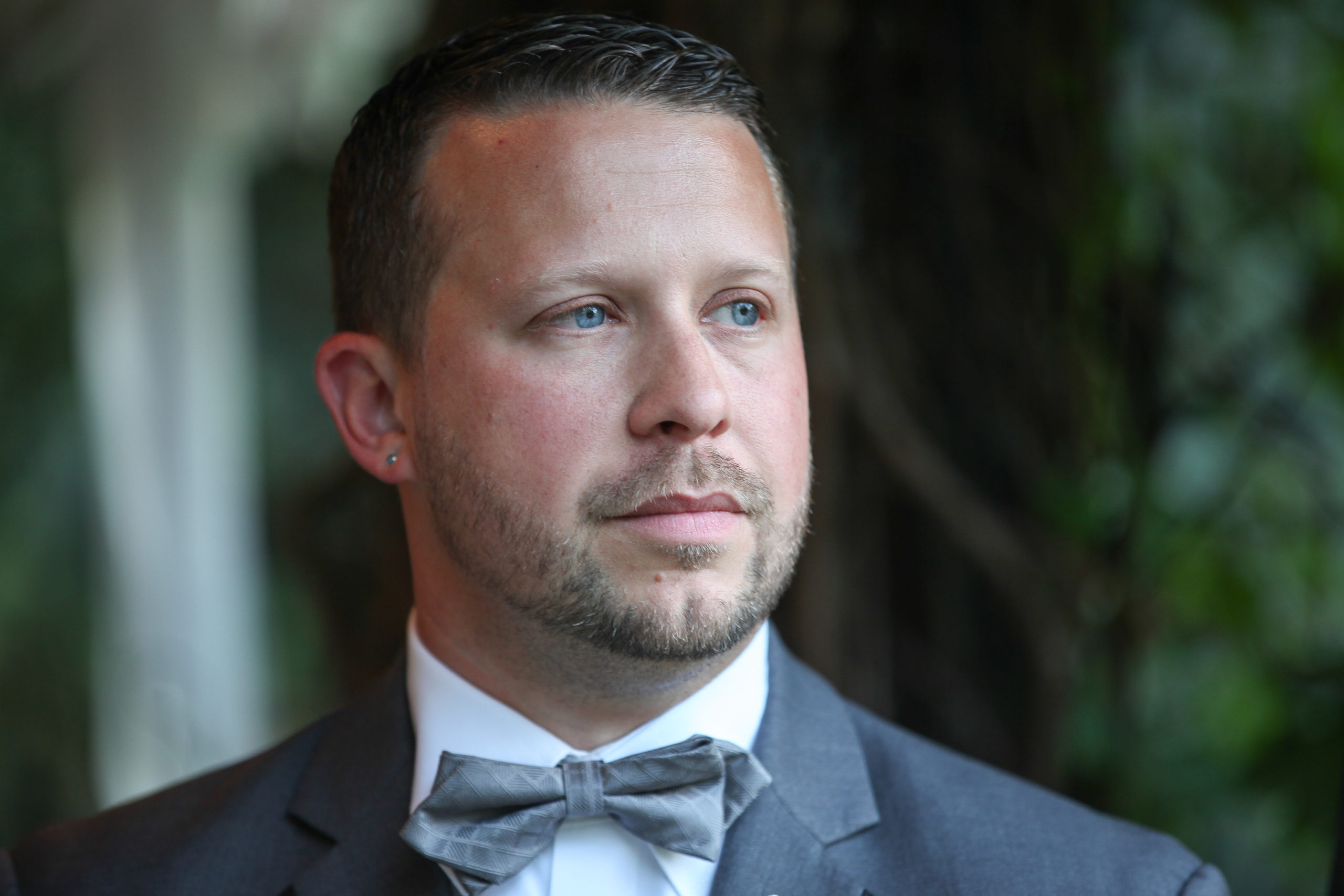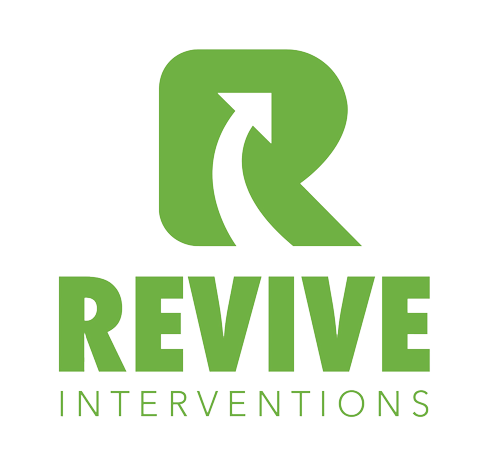Intervention Services
in Long Island
- Home
- Intervention Services

Revive Interventions is Here to Help Your Family Overcome Addiction.
If you live with or know someone who struggles with an addiction to drugs or alcohol, you may feel helpless to do anything for them. It is not uncommon to feel as though no matter what you say or do, the situation remains the same. It is also likely you have struggled with what to say to your loved one to help encourage them to seek or accept the help they need to defeat their addiction. While helplessness and frustration are normal feelings in these situations, there are places friends and loved ones can turn to find help for their loved ones.
Request for Call Back
The Signs & Symptoms of Addiction
Addiction is a disease of the mind and body that causes someone to continually seek and use substances despite the negative consequences of their use. The primary symptom of addiction is a pattern of use that is problematic to the individual’s physical and mental health. The signs and symptoms of addiction vary from person to person. They can also vary based on the substance they use, personal circumstances, and family history. For these reasons, it can be challenging to pinpoint behaviors that can be attributed directly to addiction. There are, however, certain psychological, social, and physical symptoms that are common in many situations. If your loved one struggles with addiction, they may use and abuse substances despite health problems, take risks to find or use substances, be unable to stop using, and become obsessed with being able to use.
Socially they may begin to distance themselves from their social circles and no longer want to participate in activities that once gave them pleasure. They are also likely to do what they can to ensure they always have an adequate supply of their preferred substance and may experience new or ongoing legal issues related to their addiction. Physical symptoms are frequently evident when someone is struggling with addiction. If your loved one struggles with a severe addiction and either does not use or reduces the amount they use, they may experience withdrawal symptoms. Depending on the substance, these may include cravings, gastric upset, seizures, trembling, sweats, and mood changes. They may also experience appetite changes, difficulties sleeping, and other physical health changes.
What to Do If a Loved One is Addicted?
It can be very trying to watch a friend or loved one live with an addiction, especially when they adamantly deny there is a problem or refuse to seek or accept help. Unfortunately, forcing the situation can end up making things worse. When you are ready to sit down and talk with your loved one, offer your support and ensure they know you will be there when they are ready. If you cannot convince your loved one to seek help on your own, consider consulting with a professional intervention service counselors in Long Island.
Ryan Baum, pictured below, is our founder and an experienced interventionist. Ryan is certified as a Professional Life Coach, Certified Interventionist, and Certified Alcohol and Substance Abuse Counselor. He can help guide you and your loved ones through the intervention process to help.

How Interventions Services Work in Long Island
An intervention is an event created by friends and family of someone struggling with addiction. Interventions are used to help the person see that they need help to defeat their addiction and that they have a strong support team surrounding them throughout their treatment process. Interventions have been popularized in recent years on television through reality TV and movies; however, these depictions often provide a false sense of what an intervention is and how one should be conducted. Contrary to these portrayals, successful interventions are not filled with anger, hostility, name-calling, and finger-pointing. While emotions can often run high, an intervention is designed to be a communication tool to help a loved one understand their loved ones are there to support them through their sobriety journey.
The actual intervention is a carefully planned event designed to allow friends and family of the addict to take a proactive stance and explain their emotions. Unlike the visuals we see on television, it is essential for those involved in the intervention to avoid placing blame, stay on topic, and avoid hurtful accusations. Any of the above may cause the person to refuse help or simply walk out of the intervention.
A properly conducted intervention through out drug intervention program focuses on positive, however and whenever possible. Although the end goal is to help the individual understand how their addiction affects their loved ones, this cannot be done by placing blame or accusations. Instead, use the intervention platform to point out that addiction plays an adverse role in their relationships and behavior, but there is a solution; detox and addiction treatment through any number of addiction treatment programs.
While interventions help to convince many to seek addiction treatment, it may require more than one conversation before your friend or loved one chooses to accept treatment. For some, one conversation may be sufficient, whereas others may require multiple attempts before they see how their addiction hurts others and why treatment is the next best step. If your first intervention does not produce immediate results, don’t give up.
Revive Addiction Intervention
Services in Long Island
An intervention is an event created by friends and family of someone struggling with addiction. Interventions are used to help the person see that they need help to defeat their addiction and that they have a strong support team surrounding them throughout their treatment process. Interventions have been popularized in recent years on television through reality TV and movies; however, these depictions often provide a false sense of what an intervention is and how one should be conducted. Contrary to these portrayals, successful interventions are not filled with anger, hostility, name-calling, and finger-pointing. While emotions can often run high, an intervention is designed to be a communication tool to help a loved one understand their loved ones are there to support them through their sobriety journey.
The actual intervention is a carefully planned event designed to allow friends and family of the addict to take a proactive stance and explain their emotions. Unlike the visuals we see on television, it is essential for those involved in the intervention to avoid placing blame, stay on topic, and avoid hurtful accusations. Any of the above may cause the person to refuse help or simply walk out of the intervention.
A properly conducted intervention should focus on positive, however and whenever possible. Although the end goal is to help the individual understand how their addiction affects their loved ones, this cannot be done by placing blame or accusations. Instead, use the intervention platform to point out that addiction plays an adverse role in their relationships and behavior, but there is a solution; detox and addiction treatment through any number of addiction treatment programs.
While interventions help to convince many to seek addiction treatment, it may require more than one conversation before your friend or loved one chooses to accept treatment. For some, one conversation may be sufficient, whereas others may require multiple attempts before they see how their addiction hurts others and why treatment is the next best step. If your first intervention does not produce immediate results, don’t give up.
